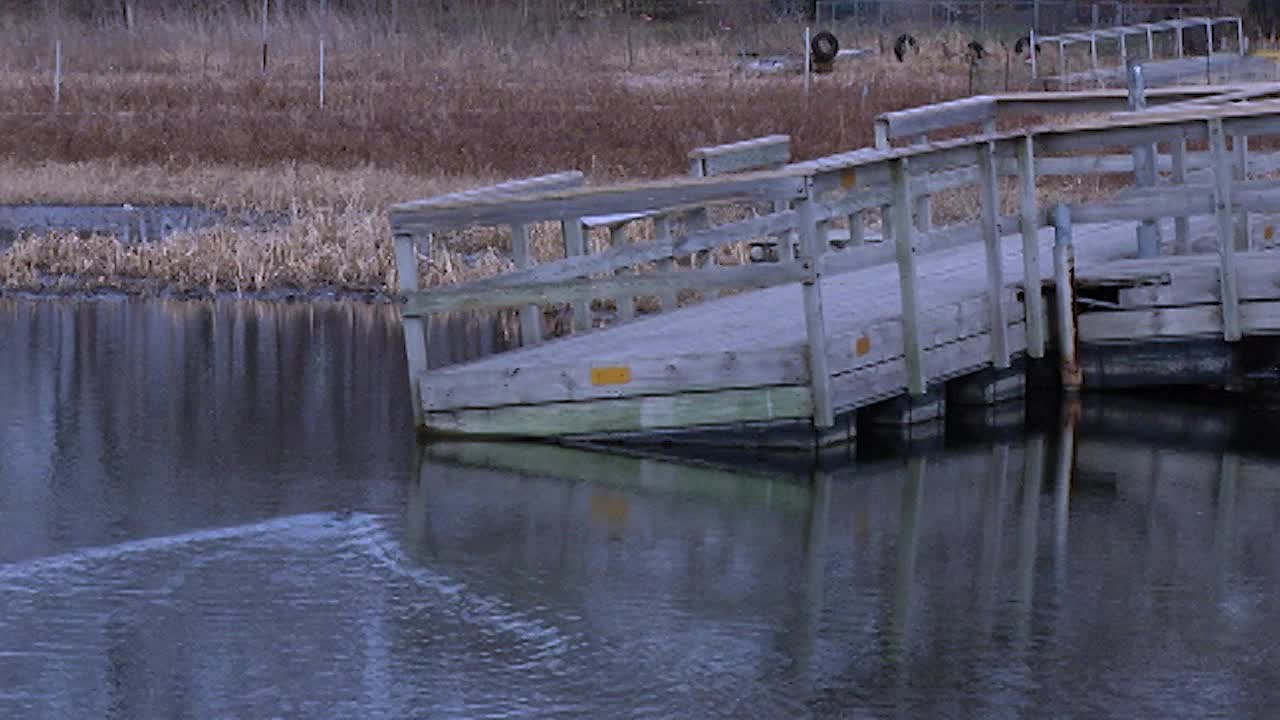Proposed deal in Legislature could resolve conflicts over White Bear Lake water levels
[anvplayer video=”5170416″ station=”998122″]
White Bear Lake has long struggled with maintaining its water levels, but there’s a plan in the works to keep the lake from drying up.
Under a proposal introduced in the Minnesota Legislature, the Metropolitan Council would get $3 million to lead a study evaluating a switch to public drinking water from the Mississippi River, but changes won’t happen overnight.
The surrounding communities will have four years to plan for a new drinking water source.
RELATED: White Bear Lake levels dropping; conservation district says drought is to blame
This is a decade-long issue that stemmed from a lawsuit. White Bear Lake homeowners alleged the Department of Natural Resources mismanaged the lake, and a judge agreed.

FILE - Low water levels on White Bear Lake cause a dock to sink. (KSTP/file)
People who live near White Bear Lake are used to seeing a low lake.
“You can see all those grass spots sticking up when it’s low and you see rock piles and things,” said Ken Anderson, who lives near the lake.
The Andersons are lake lovers even when it’s cold, but they don’t love the low water levels.
“Sad, it’s sad to see,” Theresa Anderson said.
The drainage problem comes down to drinking water.
Back in 2013, the White Bear Lake Homeowners Association sued the DNR after lake levels hit an all-time low.
“The lawsuit asked the DNR to do a better job of managing the groundwater appropriation permits so that the groundwater appropriation didn’t bring the lake levels down,” Byron E. Starns, Stinson LLC partner, said.
Starns represents the White Bear Lake Homeowners Association.
The association argued the agency mismanaged the lake for decades by allowing surrounding communities to pump too much groundwater from the aquifer that feeds the lake.
The DNR appealed the case to the Minnesota Supreme Court but was unsuccessful.
“This is not about good guys, bad guys, winning or losing. It’s about solving a problem,” Starns said. “I think it’s a good development, and I feel very good about it.”
5 EYEWITNESS NEWS reached out to the DNR for comment but has not heard back yet.